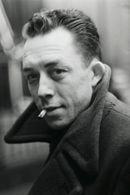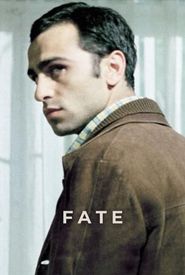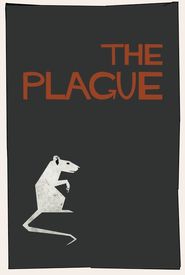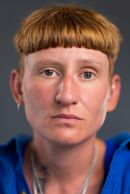Albert Camus was born on November 7, 1913, in Mondovi, Algeria, to Spanish-French-Algerian colonists. His father, Lucien, died in World War I, and his mother, Catherine Helene Sintes, was a deaf mute who worked as a cleaning lady to support her son.
Camus studied at Algiers Lycee and the University of Algiers, graduating in 1936 with a degree in philosophy. He joined the French Communist Party in 1934 but later left due to his Trotskyite views. He was influenced by the works of Andre Malraux, Andre Gide, and Plotinus, and his graduation thesis was on the concept of the "One".
Camus contracted tuberculosis in the 1930s and was rejected from the French army. He married twice, first to Simone Hie and then to Francine Faure, with whom he had twins in 1945.
During World War II, Camus worked as a writer for the magazine Paris-Soir and witnessed the execution of French communist and anti-fascist activist Gabriel Peri, which turned his mind against Nazi Germany. He joined the French Resistance cell Combat and edited the eponymous paper under the pseudonym Beauchard.
After the war, Camus continued his work for Combat until 1947 and became acquainted with Jean-Paul Sartre. He lectured on French existentialism in the United States and Canada in 1946 and in Brazil, Argentina, and Chile in 1949. He became sick and almost suicidal during the latter tour and returned to France, where he spent two years in seclusion, during which he wrote "The Rebel".
Camus' ideas on absurdism were incorporated into many of his works, including "The Myth of Sisyphus", "The Plague", and "The Rebel". He was influenced by a diverse range of sources, including Epicurus, Fyodor Dostoevsky, Friedrich Nietzsche, and Andre Breton.
Camus' greatest work is considered to be "The Fall", which presents the monologues of a self-proclaimed "judge penitent" who challenges the reader to accept the absurdity of existence or learn how to deal with it.
Camus was a proponent of human rights and resigned from UNESCO in 1952 in protest of the UN's acceptance of Spain under General Franco. He protested against Soviet repressions in East Berlin and Hungary and was a steady supporter of pacifism. He was awarded the Nobel Prize in Literature in 1957.
Camus died in a car accident on January 4, 1960, in Villeblevin, France, along with his publisher and close friend Michel Gallimard.





















